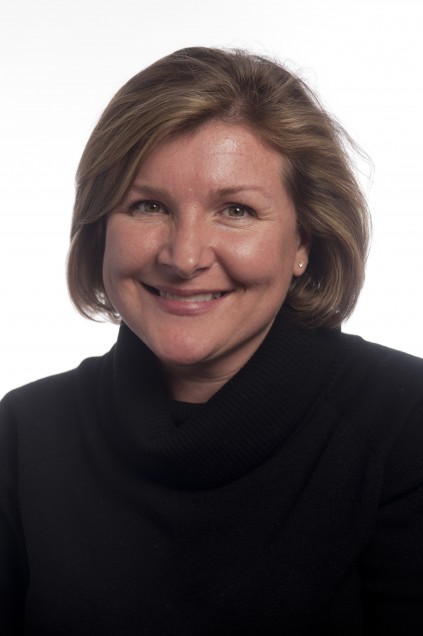
Elizabeth Hoover
The Aphasia Resource Center
Boston University, College of Health and Rehabilitation
ehoover@bu.edu
http://www.bu.edu/aphasiacenter//

|
Elizabeth Hoover The Aphasia Resource Center Boston University, College of Health and Rehabilitation ehoover@bu.edu http://www.bu.edu/aphasiacenter// |
| Participants: | 6 |
| Type of Study: | Aphasia group sessions |
| Location: | USA |
| Media type: | video |
| DOI: | doi:10.21415/T5VX04 | Browsable Database |
| Downloadable transcripts | |
| Media folder |
Hoover, E., Caplan, D., Waters, W., & Carney, A. (2016). Communication and quality of life outcomes from an Interdisciplinary, Intensive, Comprehensive Aphasia Program (ICAP). Topics in Stroke Rehabilitation. Article DOI: 10.1080/10749357.2016.1207147
Hoover, E.L, & Carney, A. (2014). Integrating the iPad into an Interdisciplinary, Comprehensive aphasia program (ICAP). Seminars in Speech and Language, 35, 25-37.
Elman, R., & Hoover, E. (2013). Integrating communication support into aphasia group treatment. In N. Simmons-Mackie, N., J. King, & D. Beukelman (Eds.), Supporting communication for adults with acute and chronic aphasia. Baltimore, MD: Brookes.
In accordance with TalkBank rules, any use of data from this corpus must be accompanied by at least one corpus reference.
The Toastmasters folder includes 12 videos of speeches. File names give the day and speaker.
6_3 SB_Welcome, Day 1, Client SB from the 2011 BU ICAP welcomes the group.
6_3_LF_Intro, Day 1, Client LF introduces herself to the group.
6_3_RA_Intro, Day 1, Client RA introduces himself to the group.
6_7_BookClub, In this clip, the Book Club is meeting for the first time. In the first part, participants are discussing Mary Roach’s book My Planet, a selection of humorous essays. Members read the text on their iPads while listening to the audio via the Music app or via audio cds. Next, members are discussing phone-based customer service inspired by the essay “42 Minutes and Holding…” Later, members are discussing the essay “Picture Imperfect” and the new generation of television remotes.
6_13 BookClub, Session 2 of 4: In this clip, members are discussing the misadventures of a robotic vacuum cleaner from the essay “Roomba’s Revenge”.
6_25_McDonalds, Session 4 of 4: Members participated in a weekly “In the News” discussion group. In this clip, members discuss an article about the nutritional values of a McDonalds menu.
6_25_Starbucks: Members participated in a weekly “In the News” discussion group. In this clip, members discuss an article about the calorie content of Starbucks beverages.
6_12_Geography: Members participated in daily Wrap-Up sessions to discuss and provide feedback on the day’s treatments. In this clip, clients are reviewing the names of each other’s towns. Earlier in the day, clients engaged in a modified CILT task in which they requested different geographical stimulus targets, including names of hometowns and other geographical areas of significance.
6_27_Awareness: Members participated in daily Wrap-Up sessions to discuss and provide feedback on the day’s treatments. In this clip, clients are discussing an Aphasia Awareness Day event they attended at the Massachusetts State House.
6_26_FinalThoughts: Membersparticipated in daily Wrap-Up sessions to discuss and provide feedback on their “final thoughts” or feedback on the program.
| Participant | Age | Education | Years Post-Stroke | Profile |
|---|---|---|---|---|
| EG | 59 | 20 | 8.9 | Mod-severe non-fluent |
| RA | 56 | 12 | 5.7 | Moderate non-fluent |
| CV | 65 | 18 | 4 | Moderate non-fluent |
| SJ | 54 | 16 | 5.7 | Moderate non-fluent |
| LF | 43 | 12 | .5 | Mod-severe non-fluent |
| GT | 53 | 16 | 1.5 | Mod-severe non-fluent |